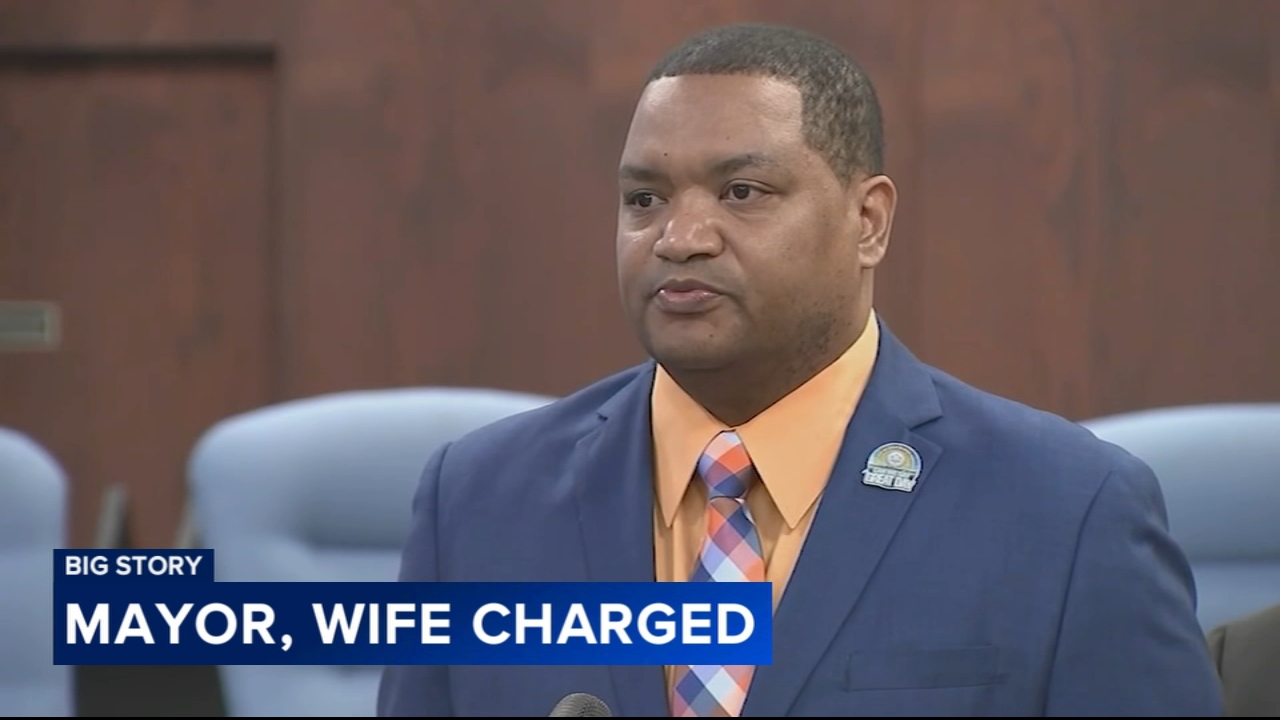Temple Health testing new outpatient technique for treating COPD

PHILADELPHIA (WPVI) -- COPD, chronic obstructive pulmonary disease, is on the rise.
By 2030, it could become the world's third-leading cause of death. Now an outpatient technique being tested at Temple Health could fill the desperate need for new treatments.
Diane Bruno is no stranger to COPD.
"I lost my mom at 59. My sister was 52," said the Laurel Springs, New Jersey, resident.
Then it hit Bruno suddenly, and hard.
"I'd wake up, and I just had no, I just couldn't take a deep breath in or out," she said.
Medications gave Bruno little relief, leaving her uncertain when a flare-up would happen.
"I was afraid to go out. I was afraid to be alone. And I have 4 small kids," she said.
She jumped at the chance to get into the Airflow 3 trial at Temple Health. Dr. Gerard Criner said it's aimed at decreasing flare-ups by selectively deadening nerves in the chest.
"There's no involvement of treating the lung at all. It's only just going to the large airways in each lung," he said.
A thin flexible tube goes down the throat into the bronchial tubes, where it delivers radiofrequency energy. That interrupts overactive nerves which are making airways tighten, and produce excess mucus. Dr Criner said Airflow grew out of the need for new non-drug treatments.
"Can we do something to dilate the airway and decrease mucus hypersecretion by doing ablation, similar to what cardiologists do for cardiac arrhythmias," he surmised.
Patients are under general anesthesia for about 40 minutes.
"It's a same day procedure, they go home," he said.
"When you're up, you don't even know you had it done," said Bruno.
Dr. Criner said European studies are hopeful.
"It found that the patients had an improvement in lung function. So patients felt that their exercise performance was enhanced, because they were less short of breath," he said.
Bruno is back to being an active mom, using only a daily COPD medication.
"I actually have 8 inhalers left, rescue inhalers since the procedure that I haven't used," she said.
The trials are continuing. Temple is the only study site in our area, and so far, has treated the most patients in the U.S.








